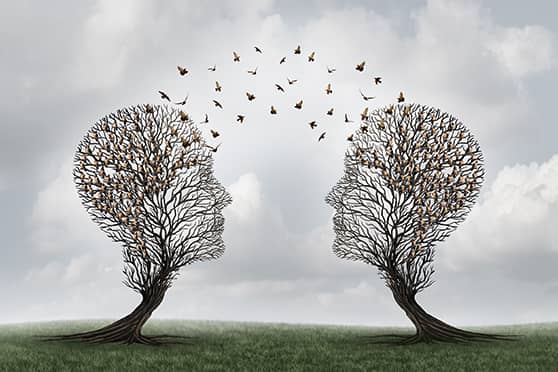How to listen better: Add the 3 essentials in your language toolkit


Like most kids in India, I grew up on generous doses of “Just listen to what I’m saying” from elders – be it parents, teachers, or even well-meaning neighbourhood uncles and aunties. This should actually turn us into a nation of Listening Gurus! But that’s not true, neither for India nor for any other country in the world.
As Ray Dalio, celebrated American investor and entrepreneur and author, puts it: “Most people seem much more eager to put out (convey their thinking and be productive) than to take in (learn).” More so, in the age of social media, expressing one’s opinion and influencing other opinions are far more coveted skills than listening to others.
Listening features alongside Python Programming and Algorithms as an essential in-employment skill
No wonder listening is called the Cinderella of language skills. Yet, according to a World Economic Forum report, ‘Listening’ is one of the Top 10 in-employment skills that features alongside Python Programming and Algorithms. So, what kind of listening are these reports talking about?
The management guru Peter Drucker said, “The important thing in communication is hearing what isn’t said.” The good listener is one who picks up unsaid cues and references. Yet, to make listening an essential part of conversations, the person also has to demonstrate that she is listening. Some simple hacks involve nodding one’s head or punctuating the interaction with some “huh-huh” or remaining quiet and not interrupting. We all know that. But these are not enough to create ‘listening moments’ in the conversation. For that, the language of listening needs more tools in the shed.
Here are some sentences that do get used:
But it’s obvious that none of these sentences demonstrates listening, they are dismissive or accusatory or both. None of them conveys an effort to listen. We can contrast the sentences above with the following:
Such sentences help create a safe, non-threatening space where a person feels free to share their views. Creating such ‘listening moments’ during any discussion deepens engagement and leads to more effective outcomes.
Three Essentials in our Language Toolkit to create ‘listening moments’ in a conversation are:
Hearing is a survival skill, listening is a human skill
Hearing is a survival skill. Animals in the wild wouldn’t make it if they couldn’t catch the sounds of predators or impending natural calamities swiftly enough. But listening is a human skill. Successful international peace negotiators or interrogators tasked with getting confessions from hardened criminals have said that the thing that works best is listening.
Where gunpowder fails, listening succeeds.
Dolon Gupta is a consultant specialising in Communication, Culture and Soft Skills. She is the co-founder of Business Communication Facilitators Association of India (BCFAI)